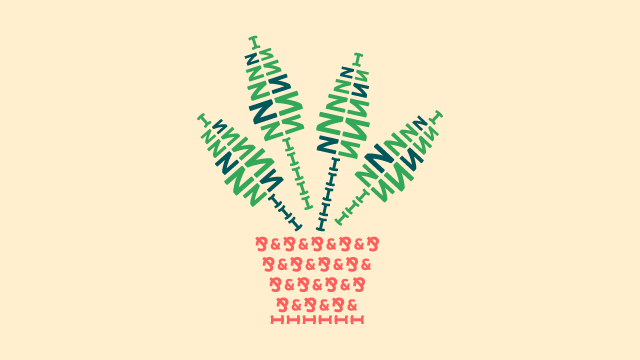Keep meaning to save more money but finding it tough? Even the most dedicated of savers can come across challenges. To help you hit your goals, we’ve highlighted five psychological barriers that could be getting in your way – plus some tips to overcome them.
1. Present bias
The present bias refers to the way people tend to put immediate rewards before future benefits. For example, going out for dinner or booking a weekend away can give near-instant gratification, unlike the abstract idea of saving money for the future. It’s why people may struggle to save for a longer-term goal, like retirement, even though they recognise the importance of doing so.
Tip: If you’re working towards a bigger goal, setting mini saving milestones could make it feel more achievable and help you celebrate your progress.
2. Hedonic adaptation bias
Also known as the hedonic treadmill, this theory suggests that we return to a stable level of happiness even after a big change like a salary increase. And as our desires rise with our means, we’re likely to spend more to achieve that same level of happiness – making it difficult to save even with a higher income.
Tip: If your income grows, consider increasing the amount you usually transfer into your savings account. This could stop you from spending more than you’d like and keep your savings goals on track.3. Social comparison bias
The social comparison bias is about how people judge their own worth by comparing themselves to others. By seeing what others are doing or buying – made easier than ever through social media – you might feel pressured into spending more to ‘keep up with the Joneses.’ For example, you might be tempted to dip into your savings for new clothes or gadgets, despite not really wanting or needing them.
Tip: Make it a priority to identify your own personal financial goals and how you can work towards them, rather than spending time comparing yourself with others.
4. The fear of missing out (FOMO)
While closely linked to the social comparison bias – it’s also about comparing ourselves to others – FOMO focuses more on that uneasy feeling of missing out on an experience or opportunity that other people are part of. When it comes to saving (or not), you may find that you agree to go on an expensive holiday you can’t really afford because you don’t want to be the only one not there.
Tip: Remind yourself that missing out on certain things now could give you a larger savings pot and even better opportunities (or better holidays!) in the future.
5. Optimism bias
Positivity is rarely a bad thing, but sometimes it can pay to be a little more cautious about the future. Optimism bias leads people to believe they’re less likely to experience negative events and more likely to experience positive ones, compared to others. This bias can make you overlook the possibility of unexpected (and expensive) issues – like a broken boiler or a car repair – meaning you don’t save for them.
Tip: Instead of focusing on the pleasure spending could give you, think about the peace of mind that comes from knowing you’ve saved enough to make it through a few setbacks.
We're all likely to encounter some of these barriers at some point. By being aware of them you can look for ways to overcome them – and to become a better saver in the process.
You can find out more about these common barriers to saving at thedecisionlab.com







